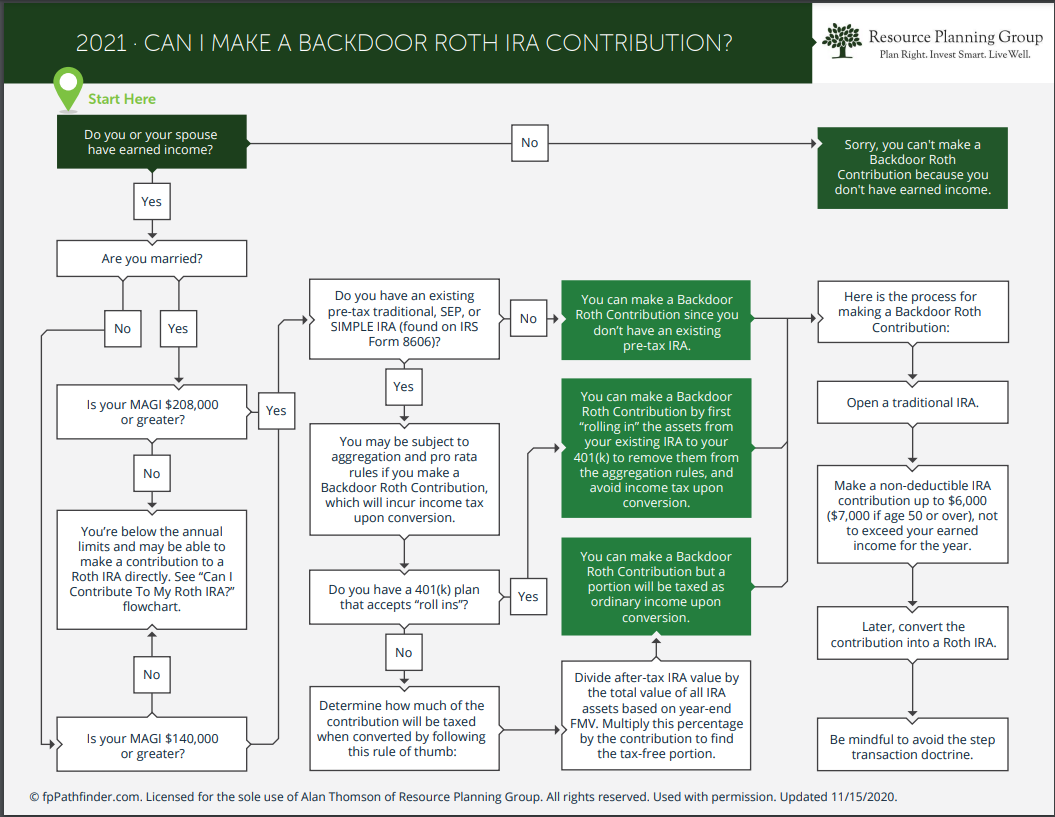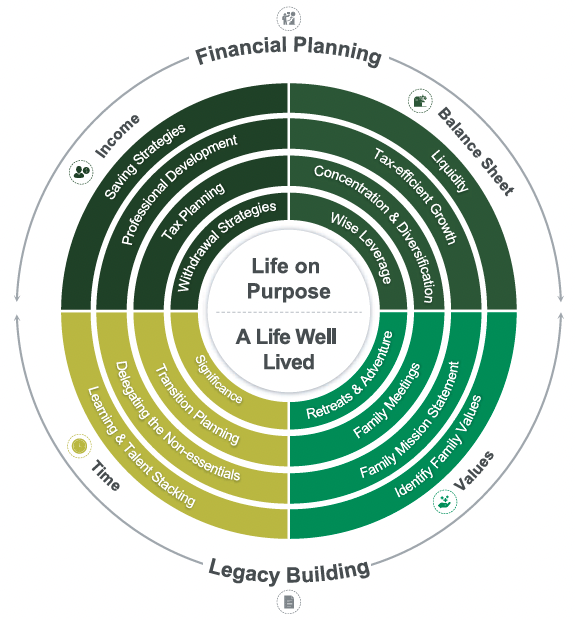Children as Dependents and College Tax Planning Strategies
Note: An updated version of this article was posted in May 2018 to reflect the new tax law under the Tax Cuts and Jobs Act. It can be found here: https://rpgplanner.com/college-tax-planning-strategies/ Most questions in life that begin “Can I…” ideally ought to be prefaced with the question of “Should I…” The distinction is important. “Can [...]




